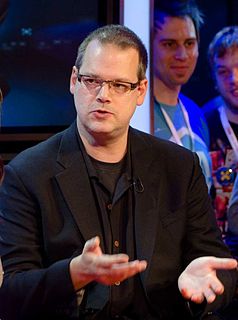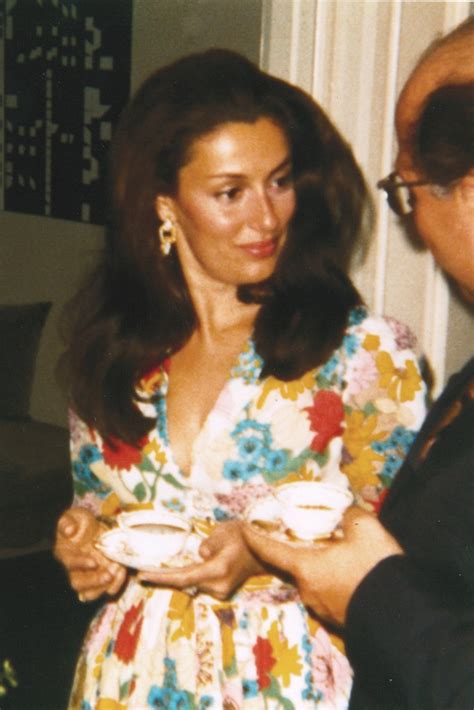A Quote by F. R. Leavis
The "great tradition" does not brook even the possibility of libidinal gratification between the pages as an end in itself, and FR Leavis's "eat up your broccoli" approach to fiction emphasises this junkfood/wholefood dichotomy.
Related Quotes
F.R. Leavis's "eat up your broccoli" approach to fiction emphasises this junkfood/wholefood dichotomy. If reading a novel--for theeighteenth century reader, the most frivolous of diversions--did not, by the middle of the twentieth century, make you a better person in some way, then you might as well flush the offending volume down the toilet, which was by far the best place for the undigested excreta of dubious nourishment.
[Vathek] has, in parts, been called, but to some judgments, never is, dull: it is certainly in parts, grotesque, extravagant and even nasty. But Beckford could plead sufficient "local colour" for it, and a contrast, again almost Shakespearean, between the flickering farce atrocities of the beginning and the sombre magnificence of the end. Beckford's claims, in fact, rest on the half-score or even half-dozen pages towards the end: but these pages are hard to parallel in the later literature of prose fiction.
There is a huge set of consequences that start stacking up as you approach the end-game. And
even in terms of the ending itself, it continues to break down to
some very large decisions. So it's not like a ****c game ending
where everything is linear and you make a choice between a few things
- it really does layer in many, many different choices, up to the
final moments, where it's going to be different for everyone who
plays it.
It goes without saying that only inner greatness possess a true value ("une valeur véritable,", Fr.) . Any attempt to rise up (or at rising up, - "s'élever", Fr.) outwardly above others, or to want (or wish) to impose one's superiority, denote a lack of moral greatness, since we do not try to replace ("suppléer", Fr.) in that way (.... in French "par là", Fr.) to what, if we did really possess it, would have no need whatsoever to flaunt itself.
I enjoy a good cliffhanger. As a reader, I relish that nervous feeling you get when you're engrossed in a story, but in the back of your mind you're aware that there aren't that many pages left. How will it end? Everything can't be wrapped up! This can't end! Then it does, and your heart seems to stop.
As the antagonism between those who possess, and those who do not, is becoming more acute day after day, we can already foresee a moment when it will bring about ("entraînera", Fr.) severe (big, high, intense, - "grands", Fr.) disasters, if we do turn (direct, aim, - "dirige", Fr.) life in time the social life in new directions (or ways, - "dans des voies nouvelles", Fr.)






























